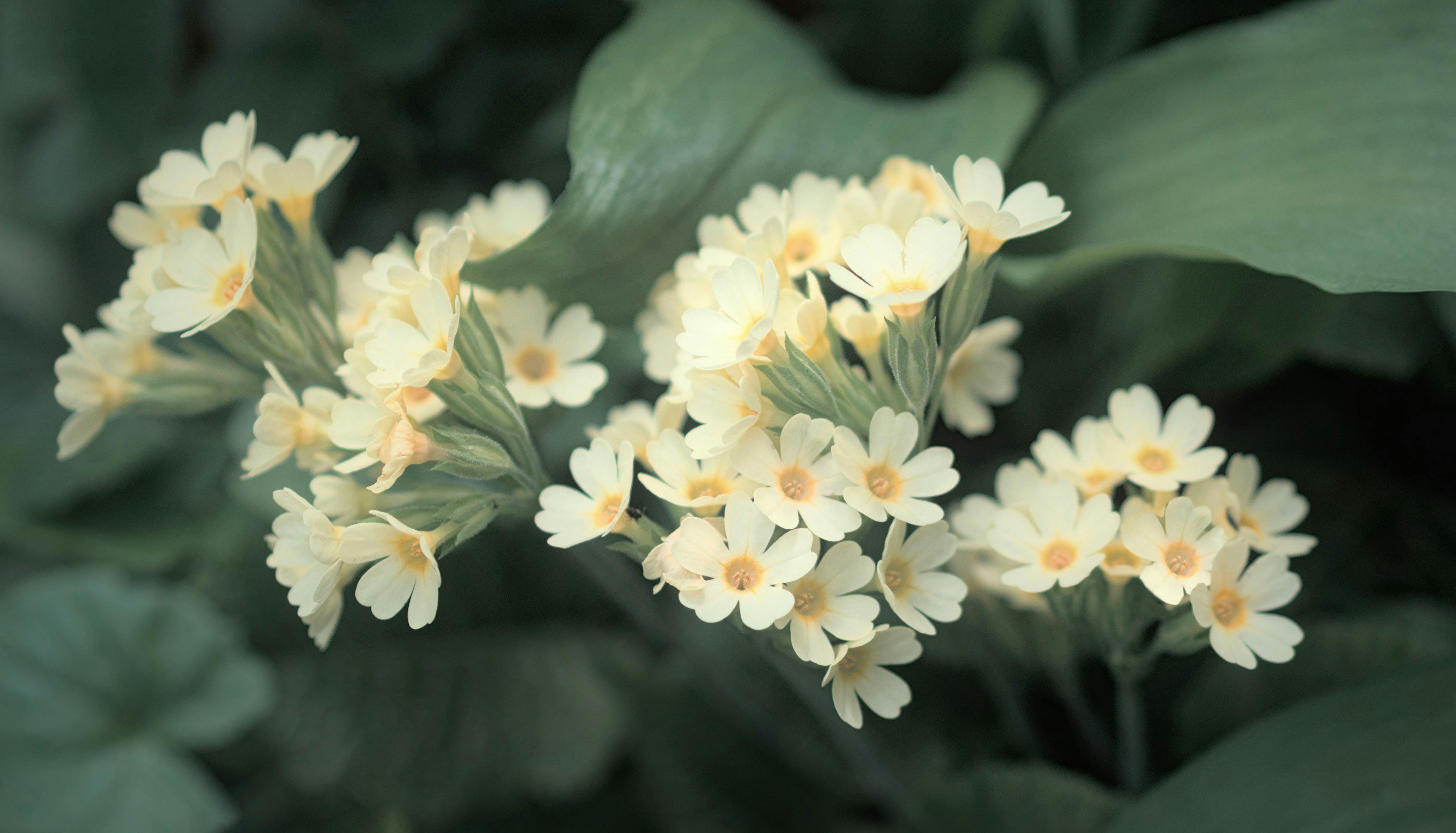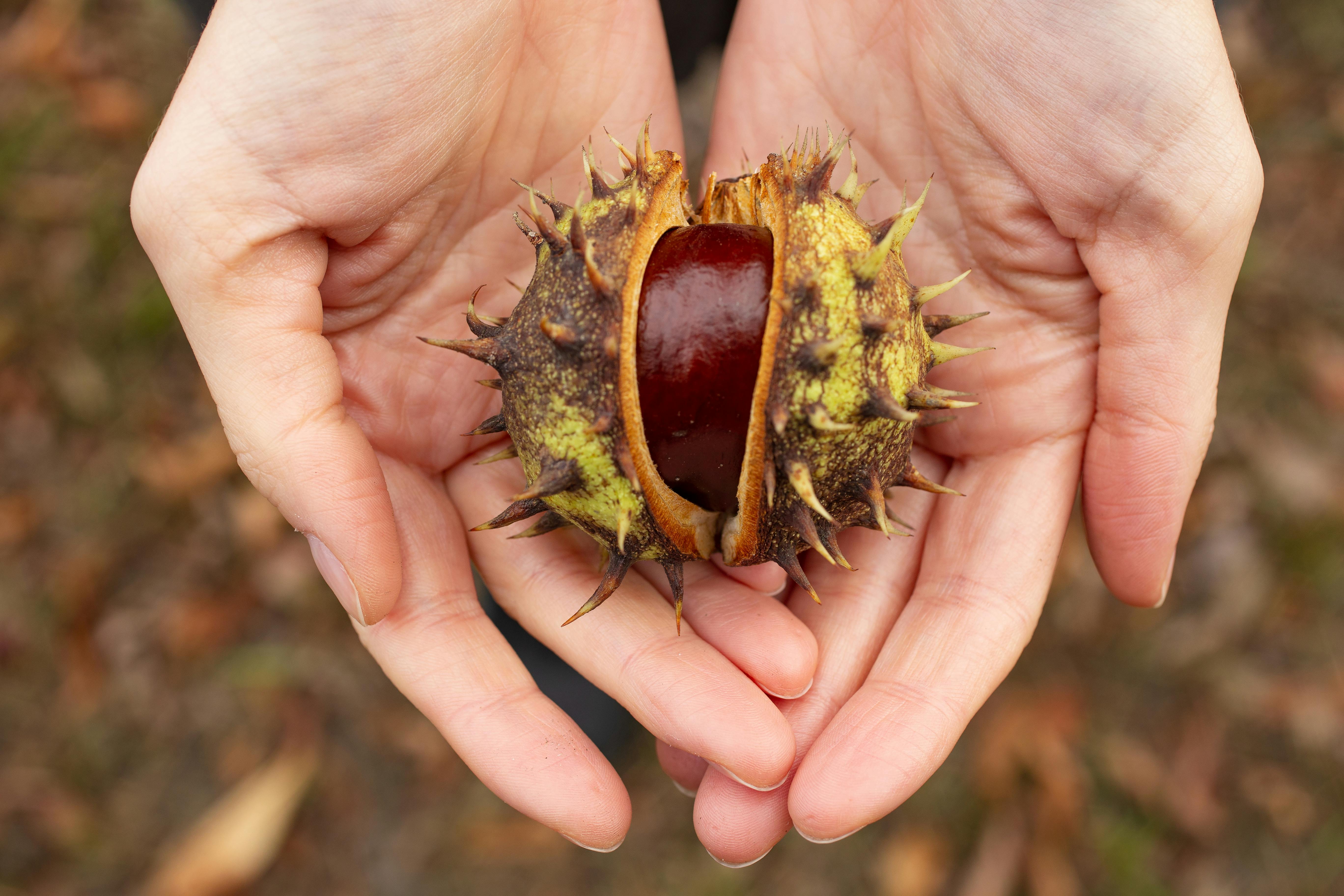Understanding the Art of Gardening with Mr. Gardener
The Basics of Gardening
Gardening is a fulfilling and rewarding activity that attracts many people, from enthusiasts to professionals like Mr. Gardener. It involves the cultivation of various plants, flowers, and vegetables in a dedicated space, be it a backyard or a balcony. To get started on this journey, understanding the foundational concepts of gardening is essential. This includes knowing about soil types, plant care, seasonal planting, and irrigation techniques. Embracing these fundamentals will set the stage for a successful gardening experience.
Types of Soil for Gardening
One of the most critical aspects of gardening is the type of soil used. Different plants require different soil conditions to thrive. For instance, sandy soil offers excellent drainage, making it suitable for root vegetables, while clay soil retains moisture well but may need amendments for aeration. The expertise of Mr. Gardener can be pivotal in determining the right soil mixture. Regular soil testing can help gardeners maintain a balanced pH level and nutrient content, which is vital for optimal plant growth.

Choosing the Right Plants
Selecting the right plants for your garden is an art. Those who follow the advice of experts like Mr. Gardener often find that native plants are easier to care for and more resilient to local environmental challenges. Annual plants may offer vibrant blooms for a season, while perennials can provide beauty with less annual upkeep. It’s essential to consider light conditions, space, and your local climate when making decisions about which plants to introduce to your garden.
Advanced Gardening Techniques
Once the basics are mastered, aspiring gardeners can explore more advanced techniques that elevate their gardening skills. Techniques such as companion planting, crop rotation, and organic pest control not only enhance plant growth but also improve overall garden health. Those who adopt these strategies often notice a significant increase in their garden’s yield. Mr. Gardener employs these methods to create a sustainable environment that benefits both the plants and the surrounding ecosystem.
Companion Planting
Companion planting is a method where certain plants are grown together to enhance growth and deter pests. For instance, planting marigolds alongside vegetables can help repel nematodes. This technique is not only effective but also maximizes the use of space, making it a smart choice for urban gardeners. Mr. Gardener often encourages beginner gardeners to experiment with companion planting as a way to naturally improve their garden’s efficiency.

Organic Pest Control Methods
Pest management is crucial for any gardener’s success. Unlike chemical remedies, organic pest control offers safer and more sustainable alternatives. Options include introducing beneficial insects, like ladybugs, or using homemade repellents. Through the guidance of an expert like Mr. Gardener, gardeners can learn to identify pests and understand their life cycles, which is key to implementing effective control measures.
The Role of Seasonal Planning
Understanding your local climate and its seasons is essential to successful gardening. Seasonal planning involves scheduling planting and harvesting times based on the climate’s cycles. Mr. Gardener emphasizes timing as a critical factor, as planting too early or too late can lead to poor harvests. By utilizing a gardening calendar and collaborating with local agricultural services, gardeners can optimize their planting strategies effectively.
Building a Gardening Calendar
A gardening calendar helps keep track of planting and harvesting schedules. By recording dates for sowing seeds, transplanting, and fertilizing, gardeners can ensure they don’t miss the optimal timing for their crops. This practice not only enhances garden productivity but also lays a foundation for future gardening seasons. Following Mr. Gardener‘s guidance can help tailor this calendar to specific plants based on regional climate conditions.
Winter Preparation for Gardens
Preparing your garden for winter is crucial for its resilience in the coming season. This can include mulching to protect plant roots, cutting back perennials, and winterizing tools and equipment. By enlisting the advice of Mr. Gardener, gardeners can learn the best practices for safeguarding their gardens through harsh winters, ensuring robust growth in the spring.
Key Takeaways
- Understand soil types and select the right ones for your plants.
- Embrace advanced gardening techniques such as companion planting.
- Implement organic pest control that enhances garden health.
- Develop a gardening calendar to plan planting and harvesting times.
- Prepare your garden adequately for seasonal changes, particularly winter.
FAQ
1. What is the best soil type for vegetables?
The best soil for vegetables typically combines loamy, sandy, and clay-like qualities. This balanced mixture enables excellent drainage while retaining necessary moisture and nutrients. For specific vegetable types, modifications may be made to the base soil. Following expert insight from Mr. Gardener ensures selection of the ideal soil mix for your requirements.
2. How do I start a compost bin?
Starting a compost bin involves selecting a suitable location, often in a shaded area, and layering organic materials such as kitchen scraps, lawn clippings, and dry leaves. Adequate aeration is crucial, so flip the compost every few weeks. The guidance of experts like Mr. Gardener can significantly enhance your composting success by offering tips for maintaining the right moisture and temperature.
3. How can I attract beneficial insects to my garden?
Attracting beneficial insects can be accomplished by planting flowers such as yarrow, dill, and fennel, which provide nectar and pollen. Avoiding pesticides also helps create a hospitable environment. Implementing these practices, as advised by Mr. Gardener, can lead to a thriving ecosystem within your garden.
4. What are the signs of overwatering plants?
Overwatering plants can lead to yellowing leaves, root rot, and wilting, despite the soil being wet. By observing these signs and adjusting your watering routine, you can prevent damage. Consulting with experts like Mr. Gardener can enhance your understanding of proper watering techniques tailored to specific plant needs.
5. What tools should every gardener have?
Every gardener should possess basic tools such as a trowel, pruning shears, a garden fork, and a watering can or hose. Additionally, gloves and a hand rake can make gardening tasks easier and more efficient. Mr. Gardener recommends investing in high-quality tools that will last for years, ensuring productivity and enjoyment in your gardening journey.
